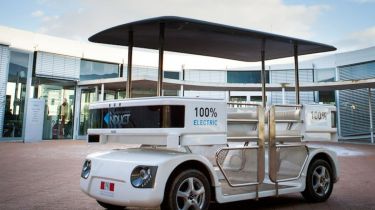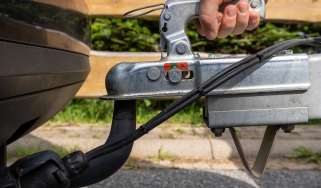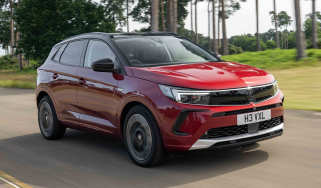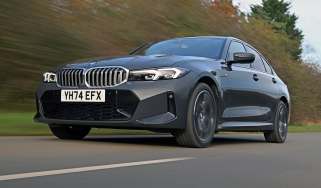Driverless cars are here: first self-driving car goes on sale
The Induct Technology Navia, the world’s first commercially available driverless car, reveled at CES.
The world’s first commercially available driverless car has just gone on sale – and it does not come from a prestige German or Japanese manufacturer, but from a small technology company with headquarters just outside Paris.
Revealed at the 2014 Consumer Electronics Show, the self-driving Navia from Induct Technology has been developed with help from Oxis Energy, a British company which has been pioneering lithium sulphur polymer battery technology, and tested by the Culham Science Centre, a high-security industrial park near Oxford run by the UK Atomic Energy Authority. There are also partners in Switzerland and Singapore.
• Self-driving Mercedes S-Class within five years
The Navia is an all-electric shuttle which draws power from induction loops underneath the car and embedded in the road surface.
There is a battery version with a top speed of 12.5mph which takes six hours to fully recharge. Another version has been developed with a super-capacitor in place of batteries. This can get enough power for a mile of driving from a 15-second stop, although its movements are more restricted because it then has to follow set routes.
Navia driverless car can't be used on public roads
Navigation is via laser-based units at each corner which give a 200-yard sweep of the immediate area, accurate to one centimetre. If there is an obstacle the shuttle stops and decides the safest way to proceed.
‘It’s like a lift,’ says Induct’s head of business development, Adrian Sussman. ‘If it gets stuck it stops and you summon help.’
There is no driver and no steering wheel or pedals. Passengers, who stand up in the prototype, summon the shuttle via a smartphone and programme where they want to get off on an onboard tablet.
The Navia cannot be used on public roads because of current legal restrictions, and at this stage it is unable to recognise traffic signals. Induct describes it as a ‘last-mile’ solution for use in college campuses, on large industrial sites or at shopping malls, and already has four customers in America – despite a cost of $250,000 (£170,000).
• Self-driving Mercedes S-Class within five years• Self-driving Volvos on way• Self-driving cars
The top stories from CES 2014
• Audi Sport Quattro laserlight for CES debut• New Audi TT interior revealed• Ford C-MAX Solar Energi concept• Kia reveals future tech for production cars• BMW reveals autonomous prototypes



